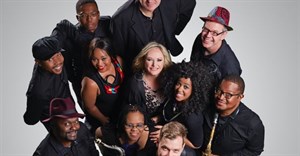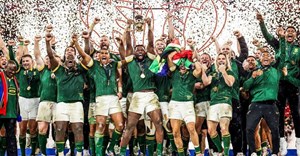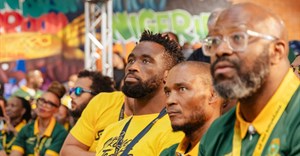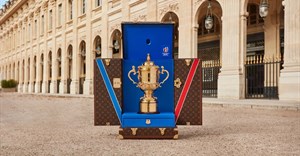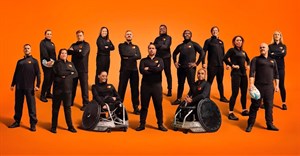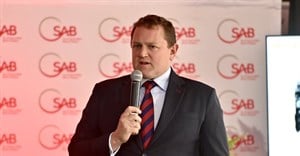
Subscribe & Follow
What Zuma means for 2010
According to soccer analysts, it will take a miracle for Bafana Bafana to achieve the minimum target and reach the quarterfinals in 2010. Currently ranked 78th in the FIFA world rankings (and 18th in Africa), the South African team did not qualify for the upcoming Africa Cup of Nations, and is currently a source of discomfiture for the SA public, rather than an engine of civic pride.
Key
As history has proven, the first citizen of the hosting country's team is holding the key to boosting the team's morale and initiating the cause and effect relationship between the team's desire and the nation's support that has proven instrumental so many times before.
In fact, the last time an African team proceeded to the quarterfinals of the FIFA World Cup, in a rather spectacular fashion, the state president had a major role to play.
When the Senegalese team arrived in Korea at the end of May 2002, it attracted only mild interest from the rest of the world: first time at the world cup, first team to go back home was most pundits' prediction. In that context, what the Lions of Taranga achieved at the 2002 FIFA World Cup was little short of extraordinary.
First came the awe-inspiring victory over the world and European champions France. That result alone would have made the 2002 World Cup a resounding success for Senegal: it established it as a force even on the highest reaches of the footballing landscape.
Had what it took
What followed suggested the Senegalese had what it took to install themselves at the summit of the world game. Hard-fought draws against Denmark and Uruguay ensured qualification to the second round. Then came the historic golden goal victory over Sweden that made Senegal only the second African team, after Cameroon in 1990, to reach the World Cup quarter finals. "We came here small, we left big," said El Hadji Diouf, Africa's Player of the Year.
So what was the secret formula of the Senegalese success? Second only to coach Bruno Metsu's motivational ability, it was Senegal's president Abdoulaye Wade who inspired the Lions to greater heights by providing impassioned motivational speeches before games. After the 2002 World Cup, Metsu revealed that before each game the Lions watched inspirational videos sent by Senegal's leading citizen.
"It always starts with, 'My dear Lions,' and everyone perks up," Metsu said, adding that the president always appeared holding a football. “He always knows the right words to use - he's a real psychologist," Metsu revealed. "They are always words of encouragement."
President Wade maintained very close links with the Lions ever since they qualified for the World Cup, cutting short an official visit to France to return to Dakar with the victorious players.
Wade's daughter, Sindiely, was present at the world cup in order to provide moral support for the team and financial support for the Senegalese journalists and fans. "He has stayed very accessible," explained Metsu. "The last time he called me I thought it was an ordinary supporter who was calling me!"
Crucial factor
Metsu believes Wade's backing has been a crucial factor in the Lions' success. "He gives us everything we need to succeed. Nothing is too good for his team. After the Nations' Cup he said we hadn't had the victory but we had had the glory, and we received a full win bonus. We are really lucky."
Closer to home, it was President Mandela's active involvement at the 1995 Rugby World Cup that was instrumental in accelerating the team's performance. Remembers then Springbok manager Morne du Plessis: “There was a cause and effect connection between the Mandela factor and our performance in the field. It was cause and effect on a thousand fronts. In players overcoming the pain barrier, in a superior desire to win, in luck going our way because you make your own luck, in all kinds of tiny details that together or separately mark the difference between winning and losing. It all came perfectly together. Our willingness to be the national team and Mandela's desire to make the team the national team.”
Given his ability to touch hearts and minds, will incoming President Zuma extend his nation building project to Bafana Bafana and become a catalyst in forging the unity between the team and the nation that can be so crucial in snatching victory from the jaws of defeat in the eye of the moment?












